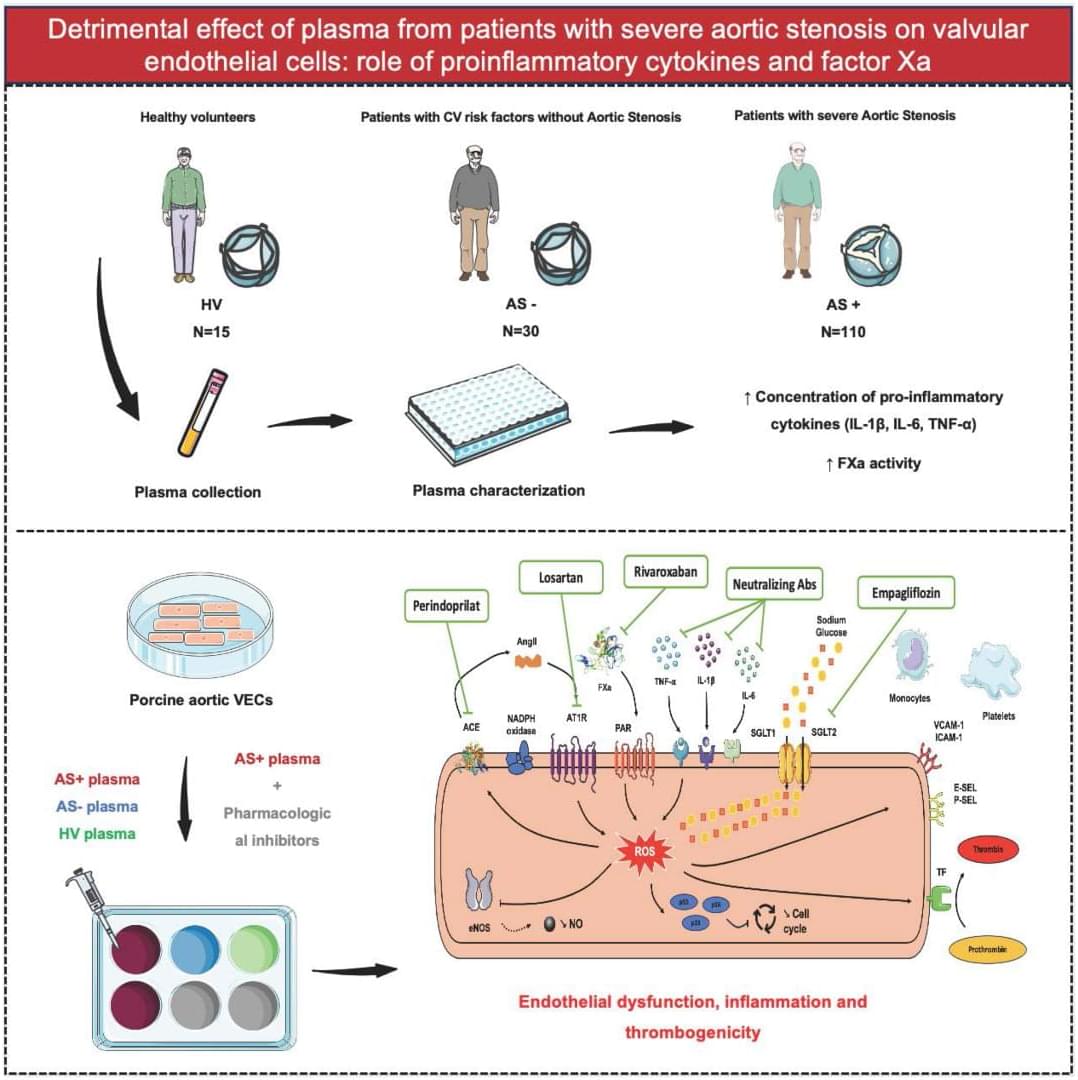Structural insights into PRC2 function in development and disease.
Polycomb repressive complex 2 (PRC2) is a central epigenetic regulator of developmental gene repression that displays remarkable complexity arising from multiple molecular layers.
Enzyme catalysis and chromatin targeting form the basis of the common and distinct functions of PRC2.1 and PRC2.2, serving as focal points in the cellular regulation of PRC2 activity under both physiological and pathological contexts.
Structural biology has begun to clarify the molecular mechanisms underlying key functions of PRC2 and uncover new modes of regulation, with much still remaining to be understood about the elaborate system of PRC2-mediated gene control. https://sciencemission.com/PRC2-function-in-development-and-disease
Polycomb repressive complex 2 (PRC2) is a key epigenetic enzyme complex that mediates developmental gene repression mainly by depositing the repressive H3K27me3 histone mark. PRC2 operates through its distinct forms, PRC2.1 and PRC2.2, each defined by unique accessory subunits, with additional complexity introduced by other molecular variants such as developmentally regulated homologs and isoforms. PRC2 function is primarily dictated by its enzymatic activity and chromatin recruitment, both of which are rigorously controlled during development and can be dysregulated by disease-associated mutations and oncoproteins. Structural biology has begun to provide important mechanistic insights into various aspects of PRC2 assembly, catalysis, chromatin targeting, and cellular regulation at atomic resolution, addressing several longstanding questions about the Polycomb repression system.









